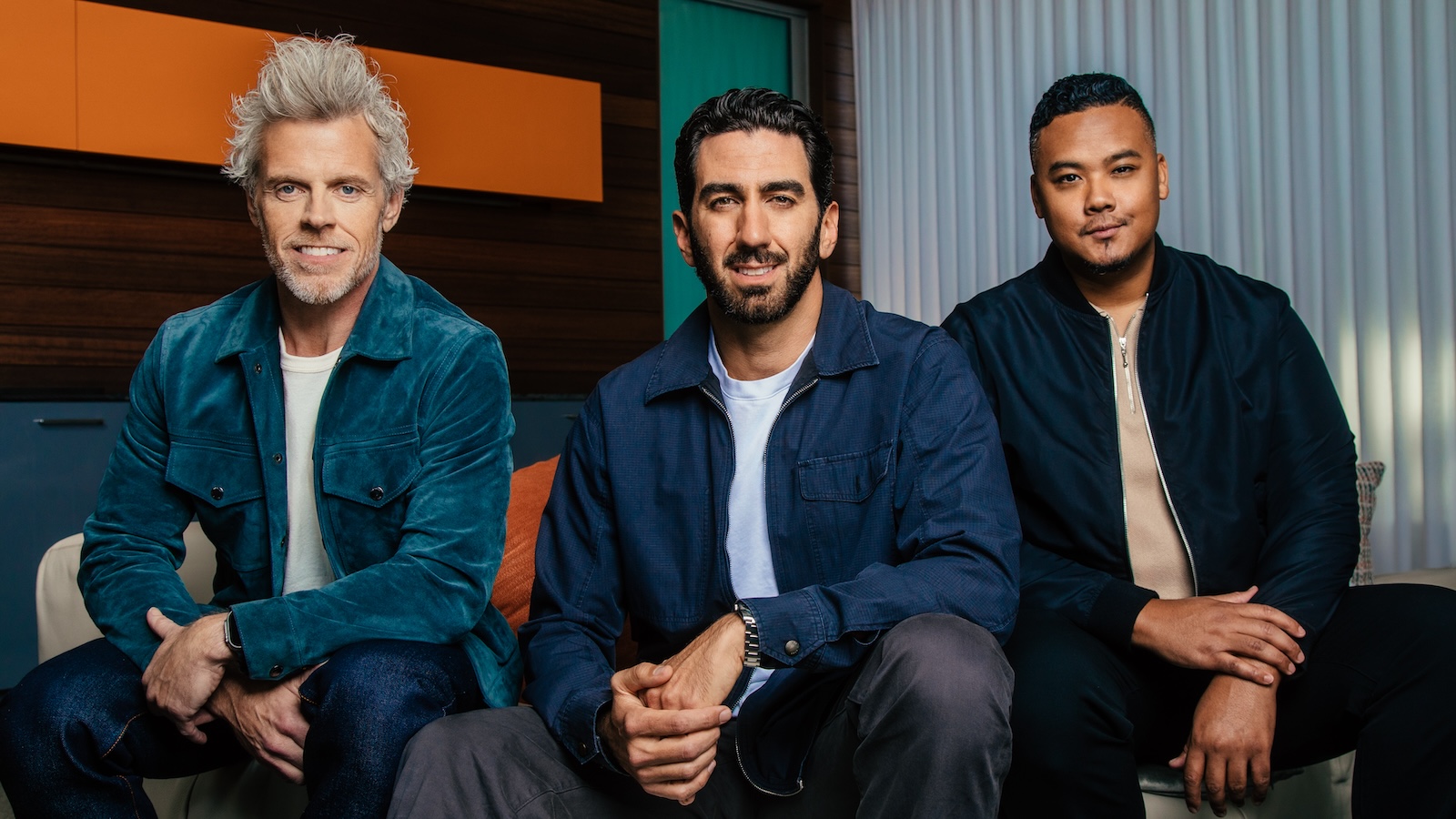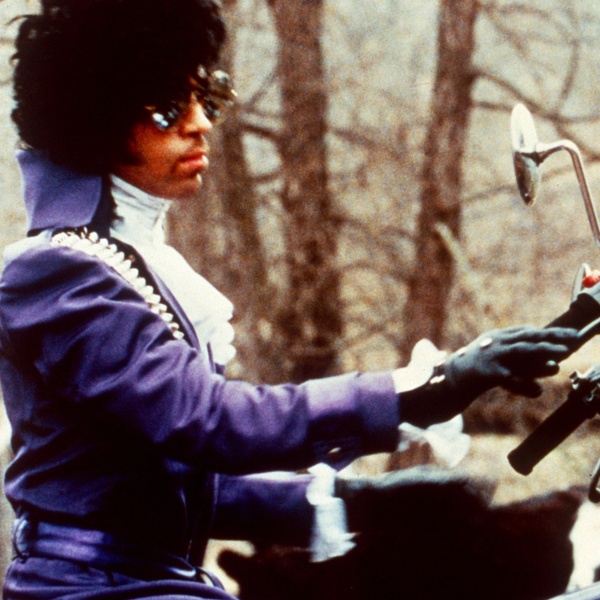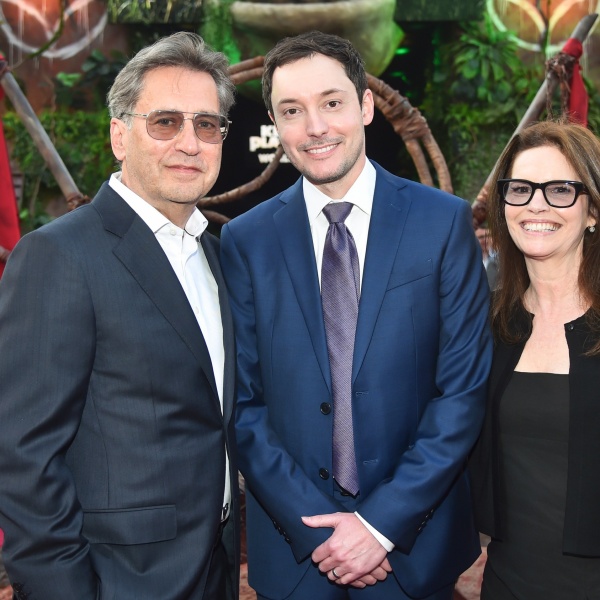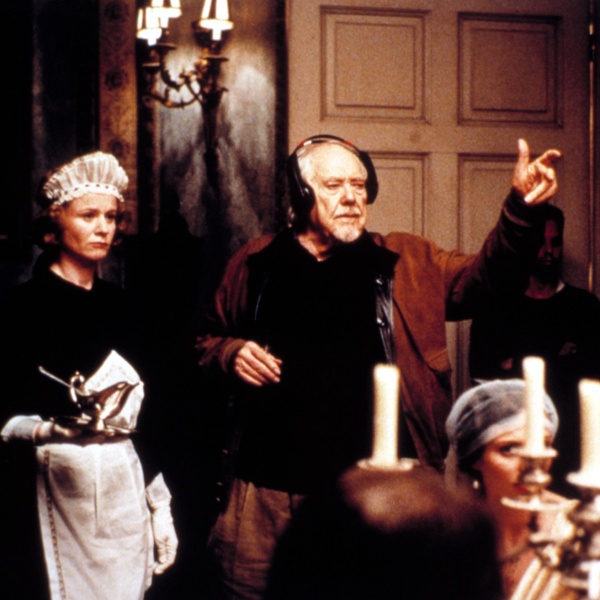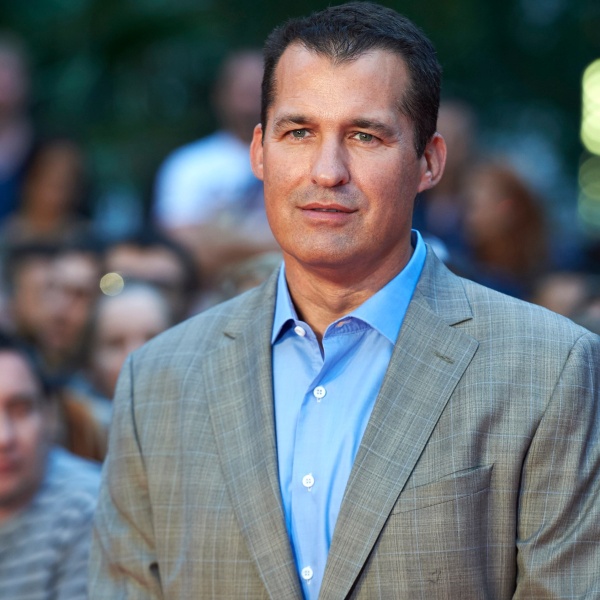Just this month, generative AI filmmaker Dave Clark spoke at IndieWire’s Future of Filmmaking Summit about how artificial intelligence would be able to help filmmakers more easily pitch and visualize their story ideas to Hollywood decision makers. When it came to AI being used for pre-vis, he said, “I think we’re there today.”
He was right. The future is here.
On Tuesday, November 19, Clark announced the launch of a new content studio that aims to produce films, series, and other new media via generative AI and with top Gen-AI artists and storytellers. The company will use a “reimagined production process enabled by proprietary software.” The studio wants to make original stories for a global audience.
Clark is founding the company alongside Fullscreen CEO George Strompolos and former YouTube content executive Jamie Byrne, and Promise is launching with an investment round led by Hollywood legend Peter Chernin via his The North Road Company and Andrew Chen of Andreessen Horowitz (a16z).
Funding details were not disclosed, but it’s an impressive crop of industry talent that should let Promise live up to its name. Strompolos with Fullscreen helped shape the creator economy, and Byrne was instrumental in the early growth of YouTube as one of its first executives.
“We are investing in a new class of Gen AI talent who blend traditional filmmaking chops with cutting-edge technical expertise, setting a new standard for high-quality storytelling enabled by AI,” said Strompolos. “We believe this is a transformational moment in entertainment and a studio must be built from the ground up — around the artists, the tech, and a new workflow — in order to unlock its full potential.”
Byrne added: “We’re championing Gen AI artists and forming partnerships with a broad range of rights-holders to bring their stories to life. Our productions will also see us working with members of the creative community — from writers and directors, to actors, visual effects artists, and more — tailored to each project’s unique vision.”
Chernin previously lent his bona fides to Fullscreen, and his support is a ringing endorsement for one of Hollywood’s biggest producers.
Chernin stated: “There is something undeniably exciting about Generative AI, and we are bullish on George and Promise’s ability to empower storytellers. This team understands that prioritizing artists and creatives is the only approach as we begin to apply Generative AI into the creative process, and Promise has the most inventive and user-friendly model we have seen.”
“Generative AI is transforming creativity and Promise is at the forefront of enabling the next generation of creators and storytellers,” said Chen, General Partner at a16z. “Our investment reflects our confidence in their approach to integrating technology with the craft of storytelling.”
Promise is developing a software product called MUSE, which integrates Gen AI into the production workflow. The goal is to create a “streamlined, collaborative, and secure production environment” for artists.
“Gen AI filmmaking is a creative process that combines the expertise of skilled artists, hybrid workflows, and a collaborative production environment. Our goal is to cultivate a space where storytellers from all backgrounds can explore bold ideas, take risks, and push the boundaries of storytelling,“ Clark said.
Strompolos will serve as Promise’s CEO, Byrne will be President and COO, and Clark will be Chief Creative Officer.
No projects were announced today as part of the company’s launch, but Promise says it is actively engaging with Gen AI artists, Hollywood talent, and rights holders to develop a slate of films and series across multiple years.
Clark is best known for his viral AI short “Battalion,” in which he independently used generative AI tools to create essentially a test case for a longer film about the only Black soldiers to land on the Normandy beaches during D-Day.
“It’s not this idea of replacing, it’s this idea of augmenting us as filmmakers and giving us a superpower to really show our vision,” Clark previously said of the potential of AI in film at IndieWire’s panel discussion early this month.
